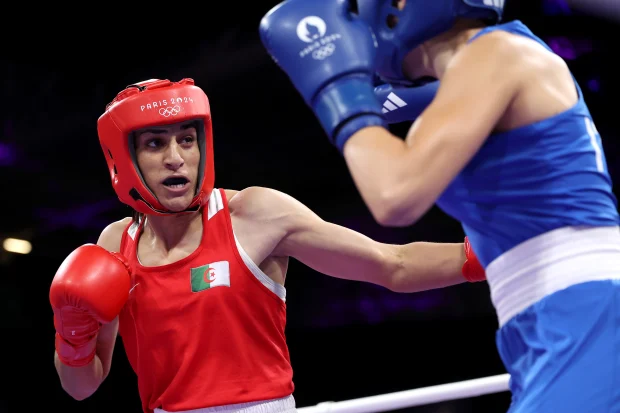
In a recent statement, the International Olympic Committee (IOC) has expressed deep regret over the “aggression” directed at boxers following the controversy surrounding gender policies for the Paris 2024 Olympics. The IOC’s remarks come amid growing tensions and heated debates within the boxing community regarding gender inclusion and fairness in the sport.
The controversy erupted after the IOC proposed new guidelines for transgender athletes, aimed at ensuring fair competition while promoting inclusivity. These guidelines have been met with a mix of support and criticism, with many in the boxing world voicing concerns over their potential impact on the sport’s competitive balance.
The central issue has been the debate over how to integrate transgender athletes into women’s boxing divisions. Critics argue that the new guidelines could give transgender women an unfair advantage, while supporters emphasize the importance of inclusivity and equal opportunities for all athletes.
Boxers and stakeholders have expressed frustration and confusion over the rapid pace of the policy changes and their implications for upcoming competitions. This has led to a wave of contentious debates and, in some instances, aggressive exchanges between athletes, coaches, and officials.
The IOC’s statement reflects a growing concern about the negative impact this situation has had on the boxing community. “We are deeply saddened by the aggression and tension that has emerged from this debate,” the IOC said. “Our aim is to foster an environment where all athletes, regardless of gender identity, can compete fairly and with dignity. The recent developments have unfortunately created a polarized atmosphere, which is counterproductive to the spirit of the Olympics.”
The IOC acknowledged the complexity of the issue and the need for continued dialogue and consultation with all stakeholders. “We recognize that this is a sensitive and evolving topic, and it’s crucial that we listen to and address the concerns of athletes, coaches, and national federations,” the statement continued. “Our goal is to ensure that the rules are clear, fair, and respectful of everyone’s rights.”
In response to the IOC’s comments, several prominent figures in the boxing community have called for a more constructive approach to resolving the dispute. Some have urged for a pause in implementing the new guidelines until a comprehensive review can be conducted. “It’s important that we approach this issue with empathy and a commitment to fairness,” said one leading boxer. “We need to ensure that any policies put in place are the result of thoughtful consideration and open dialogue.”

The controversy has also highlighted the broader challenges facing the IOC and international sports organizations as they navigate the evolving landscape of gender inclusivity. The debate underscores the need for policies that balance fairness and inclusivity, particularly in sports where physical differences can play a significant role in competition.
Looking ahead, the IOC has promised to engage more extensively with the boxing community and other stakeholders to address concerns and refine the guidelines as necessary. The organization is expected to hold additional consultations and provide further updates in the coming months.
As the Paris Olympics approach, the IOC’s response to the controversy will be closely watched. The hope is that through continued dialogue and a commitment to fairness, the issues surrounding gender inclusion in boxing and other sports can be resolved in a manner that upholds the Olympic values of respect, equality, and fair play.
In the meantime, the boxing community remains on edge, awaiting further developments and seeking a resolution that will allow all athletes to compete on a level playing field.
Leave a Reply